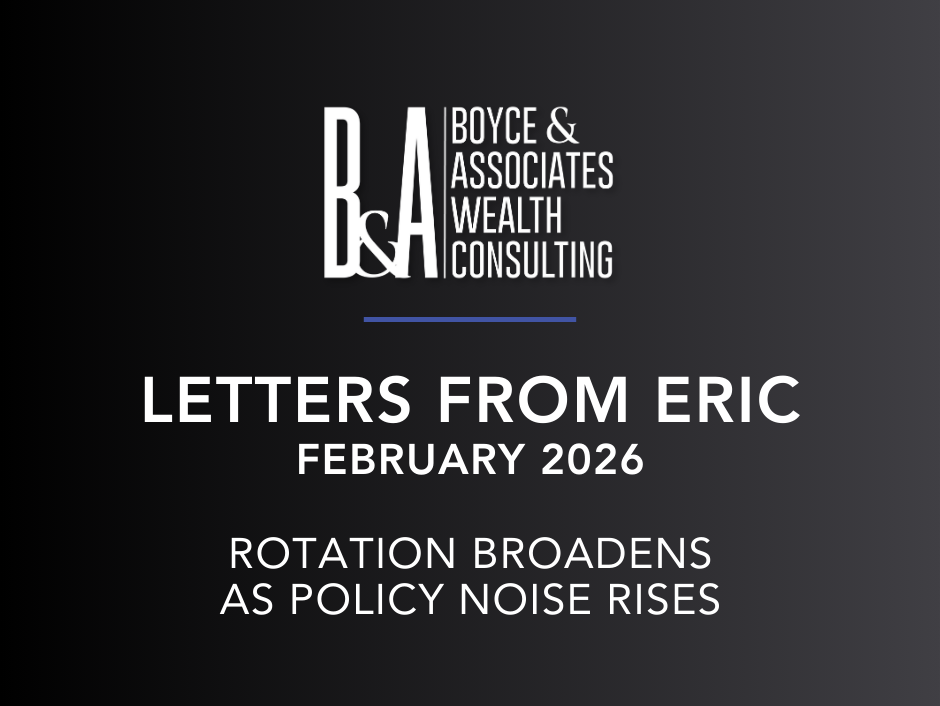Investment Management in a Changing Economy: Adapting Strategies for Success
Key Takeaways:
- Investment Management: A professional approach to handle your investments.
- Economic Uncertainty: The current economic climate is uncertain.
- Strategies for Success:
- Diversification: Spread your investments across various assets.
- Long-Term Focus: Think long-term, not short-term.
- Professional Advice: Consult with a financial advisor.
- Regular Review: Regularly check and adjust your investments.
- Emotional Control: Avoid impulsive decisions.
- Managing Uncertainty:
- Assess Risk: Understand your risk tolerance.
- Emergency Fund: Have savings for unexpected costs.
- Tax Efficiency: Use tax-saving strategies.
- Stay Informed: Know the economic trends.
- Seek Expert Help: Get advice from a financial advisor.
Investment management is the professional oversight and administration of investor assets. It involves making strategic decisions about where to allocate funds, diversifying investments across various asset classes, and monitoring performance over time. The goal is to maximize returns while minimizing risk, tailored to each investor's unique financial objectives and risk tolerance.
The global economic landscape has undergone significant shifts in recent years. Geopolitical tensions, supply chain disruptions, and rising inflation rates have created a volatile and uncertain investment environment. These factors have led to increased market volatility and heightened investor anxiety.
To navigate these challenges, investors must adopt a proactive and strategic approach to investment management. By working with experienced professionals, investors can make informed decisions, mitigate risk, and maximize returns.
Tips for Successful Investment Management in a Shifting Market
To navigate these turbulent waters, investors should consider the following strategies:
1. Diversification: Spreading Your Risk
- Asset Class Diversification: By spreading your investments across various asset classes, such as stocks, bonds, real estate, and commodities, you can reduce the impact of market volatility on your portfolio.
- Geographic Diversification: Investing in securities from different countries can help mitigate country-specific risks.
2. Long-Term Perspective: A Marathon, Not a Sprint
- Focus on Long-Term Goals: Maintain a long-term investment horizon and avoid short-term market noise.
- Stay Disciplined: Stick to your investment plan, even during periods of market volatility.
3. Professional Guidance: Navigating Complexity
- Personalized Advice: A qualified financial advisor can provide tailored advice based on your unique financial situation and goals.
- Comprehensive Financial Planning: A holistic approach to financial planning ensures that your investments align with your overall financial objectives.
- Portfolio Monitoring and Rebalancing: Regular reviews and adjustments can help optimize your portfolio's performance.
4. Regular Rebalancing: Staying on Course
- Maintaining Asset Allocation: Periodically rebalancing your portfolio can help ensure that your investments remain aligned with your risk tolerance and investment goals.
- Adjusting to Market Changes: As market conditions change, it may be necessary to rebalance your portfolio to maintain your desired asset allocation.
5. Emotional Discipline: Controlling Your Emotions
- Avoid Impulsive Decisions: Making impulsive decisions based on fear or greed can lead to poor investment outcomes.
- Stick to Your Plan: Adhering to a well-defined investment plan can help you stay disciplined and avoid emotional mistakes.
By combining these strategies and seeking professional advice, investors can increase their chances of achieving long-term financial success.
Managing Investments During Economic Uncertainty
Economic uncertainty, characterized by factors like geopolitical tensions, inflation, and interest rate fluctuations, can create a challenging environment for investors. During such periods, market volatility can increase, leading to significant price swings in stocks, bonds, and other assets.
Why Economic Uncertainty is Challenging:
- Market Volatility: Economic uncertainty can lead to increased market volatility, making it difficult to predict short-term price movements.
- Investor Sentiment: Negative economic news can dampen investor sentiment, leading to decreased demand for stocks and other risky assets.
- Policy Uncertainty: Changes in government policies, such as tax laws or monetary policy, can impact investment returns.
- Global Economic Interconnectedness: Economic events in one region can have ripple effects on global markets.
By taking a proactive approach, you can protect your wealth and position yourself for future growth.
Here are some key strategies:
- Risk Assessment: Conduct a thorough assessment of your risk tolerance and adjust your portfolio accordingly. Consider shifting your investments towards more conservative asset classes, such as bonds or fixed-income securities.
- Emergency Fund: Maintain a substantial emergency fund to cover unexpected expenses and avoid the need to sell investments during market downturns.
- Tax-Efficient Strategies: Utilize tax-advantaged investment vehicles, such as IRAs and 401(k)s, to minimize your tax burden and maximize your long-term returns.
- Stay Informed: Stay informed about current economic trends and market developments. However, avoid excessive news consumption, which can lead to emotional decision-making.
- Seek Professional Advice: A qualified financial advisor can help you navigate economic uncertainty by providing expert guidance and tailored investment strategies.
By implementing these strategies and working with a trusted financial advisor, investors can increase their chances of achieving long-term financial success, even in the face of economic challenges. Remember, a well-diversified, long-term investment approach can help you weather market storms and emerge stronger.
Boyce & Associates Wealth Consulting is a trusted wealth management firm that can help investors navigate economic uncertainty. Our team of experienced advisors provides personalized financial guidance, tailoring investment strategies to each client's unique goals and risk tolerance. By implementing a diversified investment management approach and closely monitoring market trends, Boyce Wealth helps clients protect their assets and achieve long-term financial success, even in challenging economic climates. To learn more about Boyce & Associates Wealth Consulting or to set up a consultation, please visit our website https://www.boycewealth.com/.
FAQ
What is the role of a wealth management advisor? A wealth management advisor is a financial professional who helps individuals and families manage their wealth. They provide comprehensive financial planning, investment advice, and other services to help clients achieve their long-term financial goals.
How often should I review my investment portfolio? It's recommended to review your investment portfolio at least annually. However, more frequent reviews may be necessary during periods of significant market volatility or life changes. Your financial advisor can help determine the optimal review frequency for your specific circumstances.
What is the difference between a financial advisor and a wealth manager? While both financial advisors and wealth managers provide financial advice, wealth managers offer a more comprehensive approach. They typically work with high-net-worth individuals to provide a broader range of services, including estate planning, tax strategies, and philanthropic giving.










